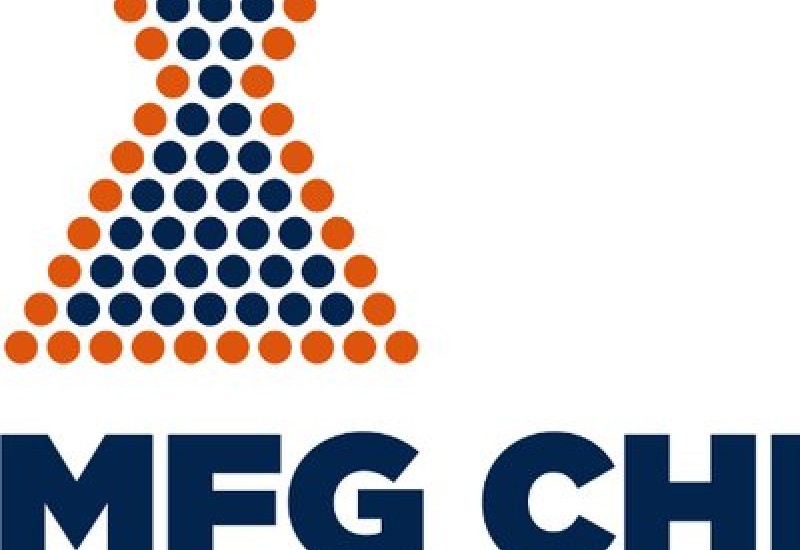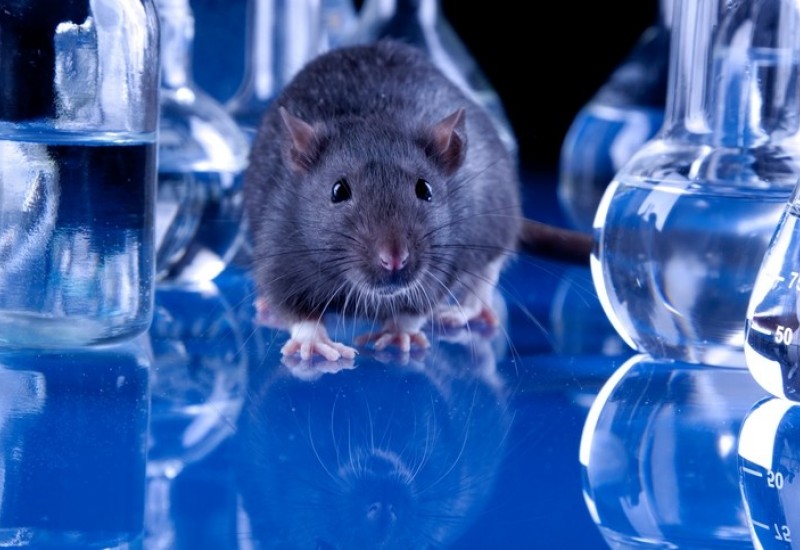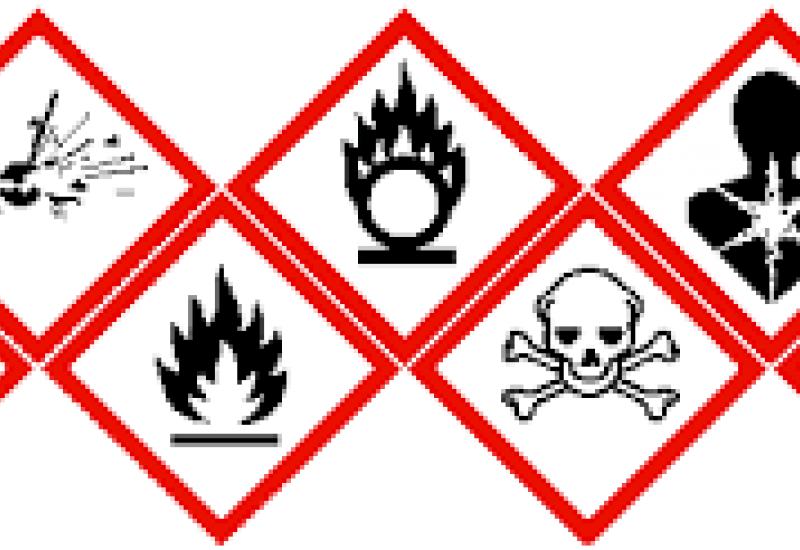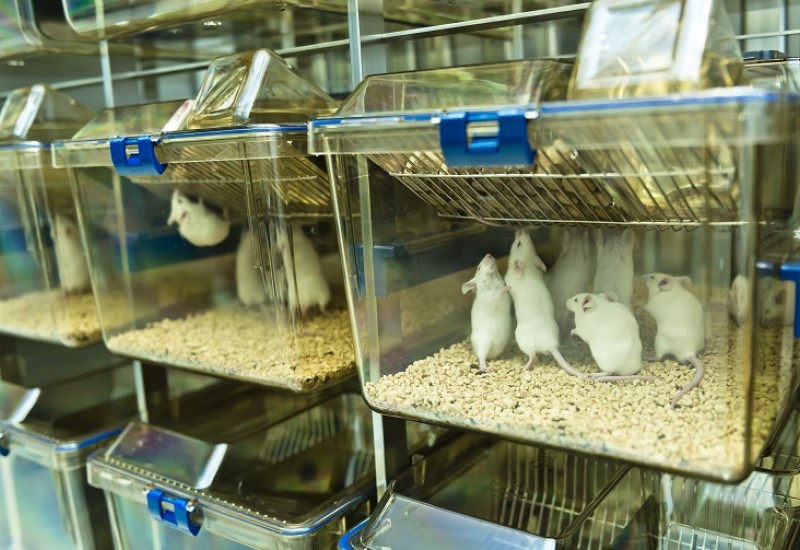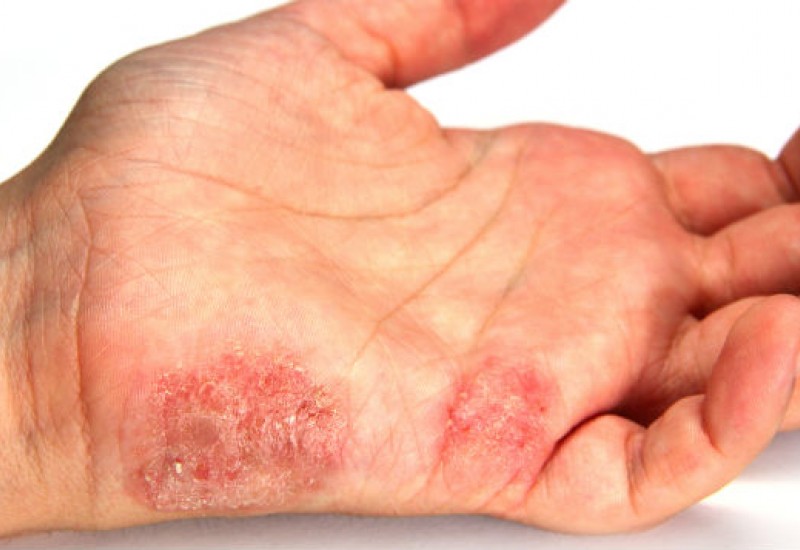MFG acquires testing firm
US custom manufacturing firm MFG Chemical has acquired Masters Company from private ownership. Terms were not disclosed and the deal has already been completed. Masters is based in Chicago and is active in the water treatment market, mainly in North America, though it has some international customers. It supplies reagents and test kits, carries out custom blending and manufacturing, makes private label products and offers analytical services for industrial water treatment.


